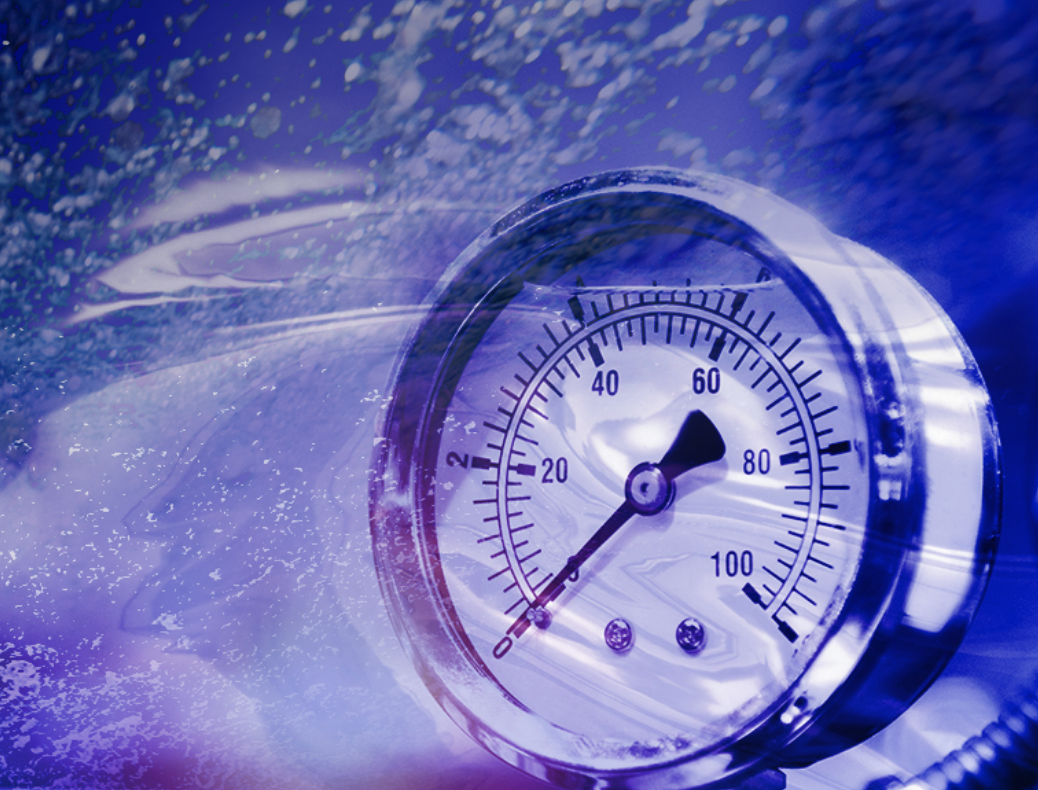ME PhD Student Receives Best Paper Award

Jeff Bies, an ME PhD student with a minor in materials science, won Best Paper Award at the 2022 BATH/ASME Symposium on Fluid Power and Motion Control. The conference was held at the University of Bath in the UK from September 14-16, 2022. Bies' winning paper, "Fluid-Structure Optimization of Small-Scale Hydraulic Conduits," examines multiphysics topology optimization for hydraulically powered robotic exoskeletons. The goal is to create an open-source algorithm that can automatically optimize a hydraulic system in areas of fluid power efficiency, thermal management, and structural support. This will generate a hydraulic system that includes lightweight structural support for the weight of both the human body and the robotic exoskeleton and has efficient capillary flow channels that minimize pressure drop and keep it from generating too much heat. These factors are important to ensure that the robotic exoskeletons are energy efficient, safe, and comfortable while delivering optimal performance to the user.
"I think it's really exciting that the fluid power community believes that this research is novel and important enough to deserve this award because it says that I am making a positive impact through my work," said Bies. "I also am happy that it represents my lab well because my advisor, Dr. William Durfee, is a phenomenal advisor and this award marks the second time in a row that his lab has won the best paper award at this conference."
Bies was able to present his research at both the BATH/ASME conference and the Global Fluid Power Symposium held in Napoli, Italy, which included a tour of their STEMS Research Laboratories to learn about the exciting research they are doing in sustainability — an area of particular interest for Bies. He also found the trip to be a successful networking opportunity: "My research topic differentiated itself from many of the other topics, not only in the application of fluid power towards medical robotic exoskeletons but also in the development of new optimization algorithms rather than physical systems. This led to several other attendees reaching out to me to discuss the possibilities my research might offer their projects. Traveling between the two conferences also allowed me to explore the culture and landscape of various parts of England, France, Switzerland, and Italy. With this being my first time out of the country, it really was an experience that has further developed and reshaped my view of the world in many ways."